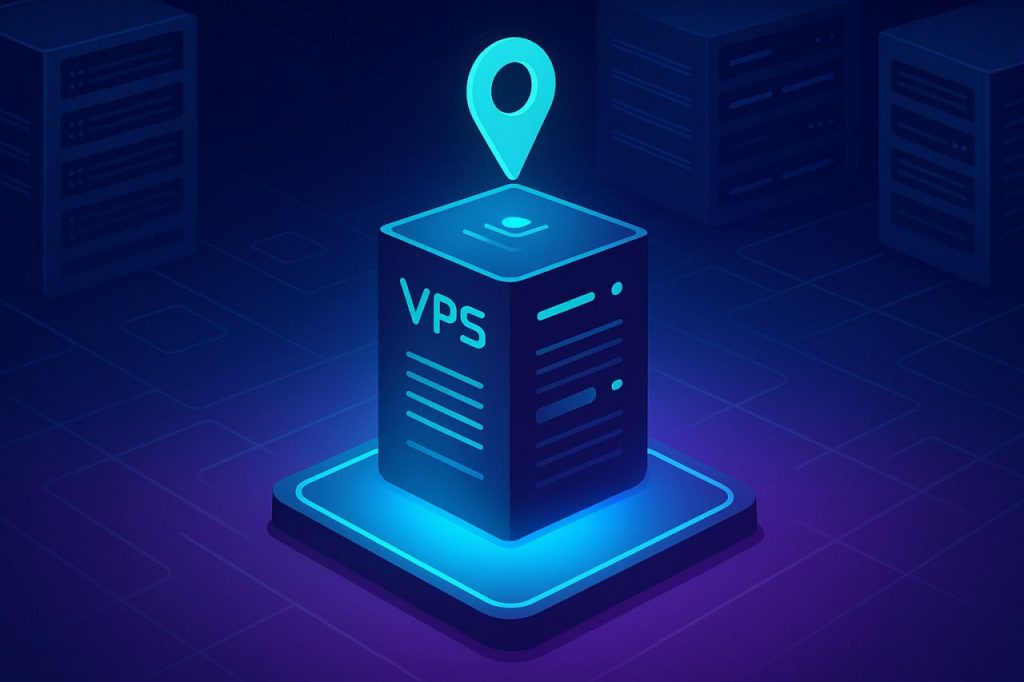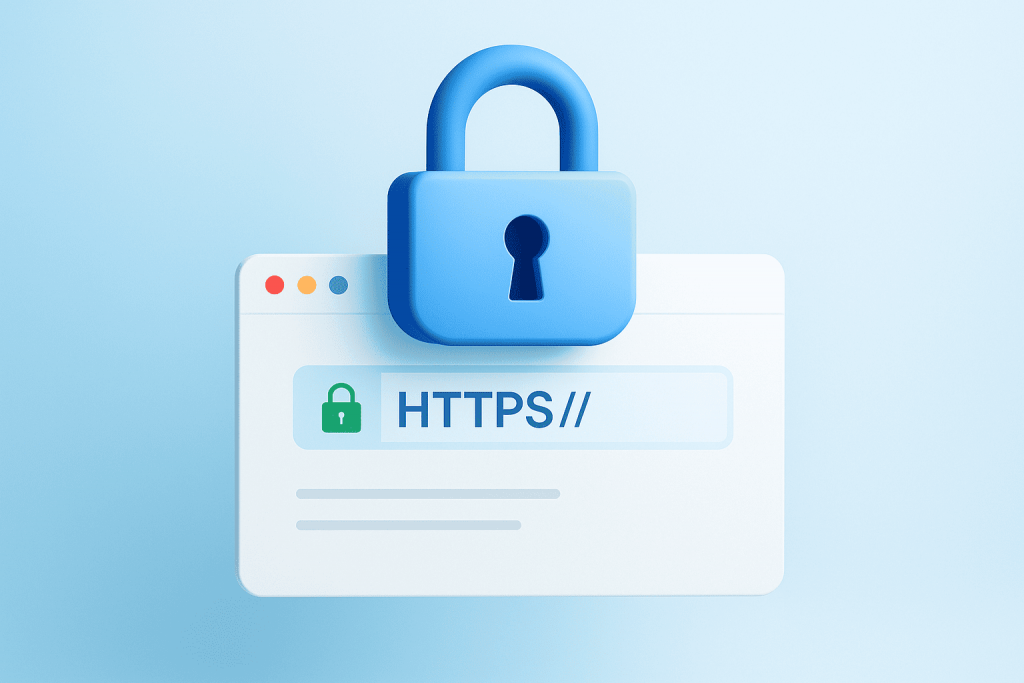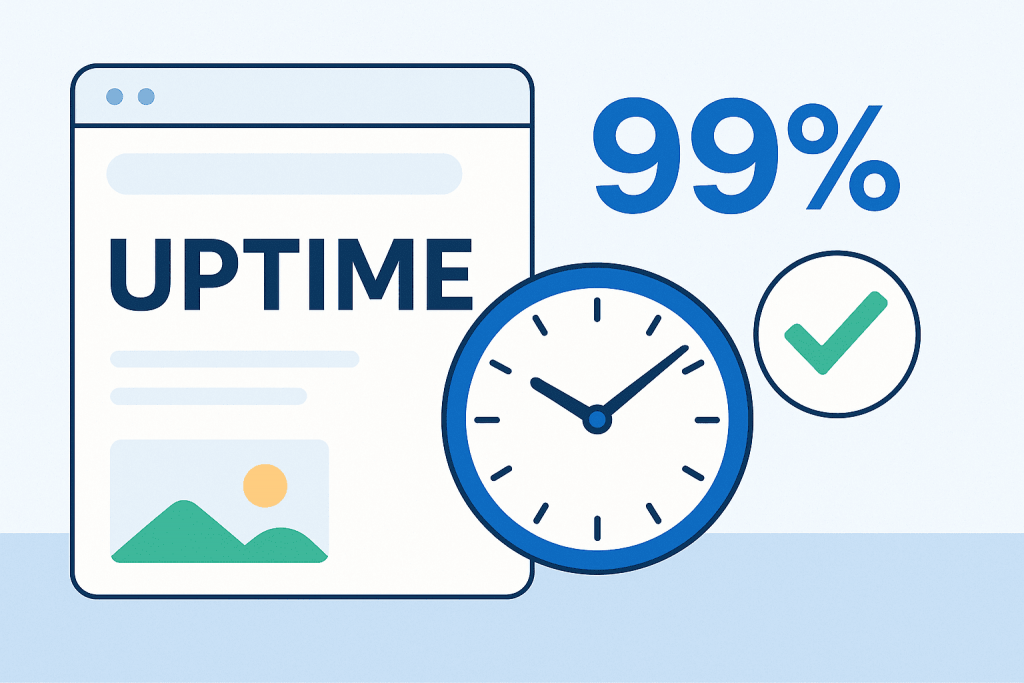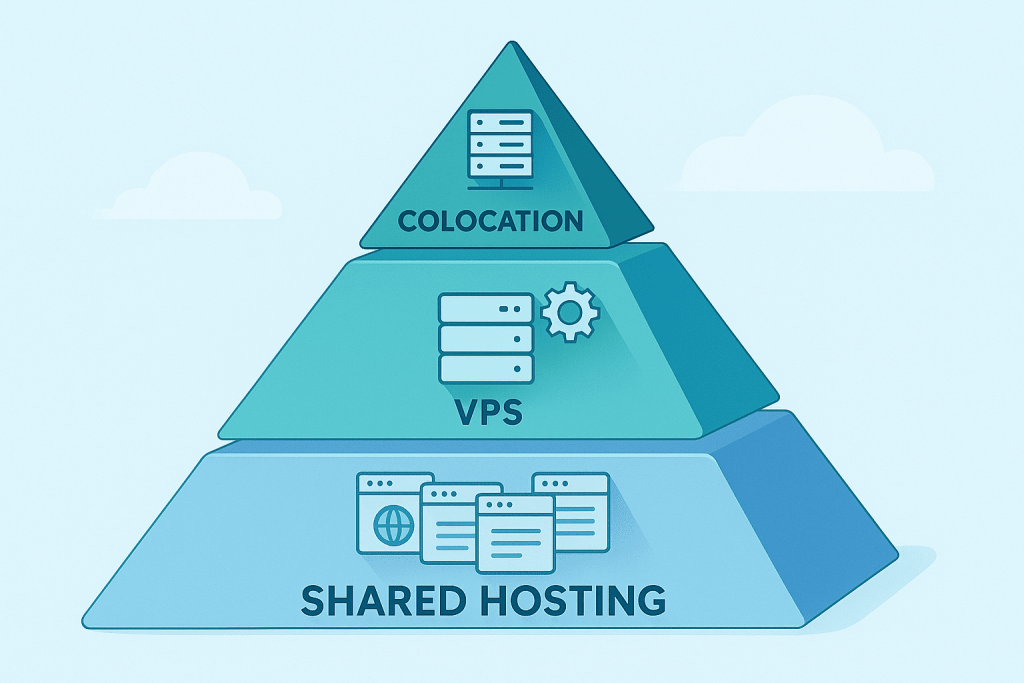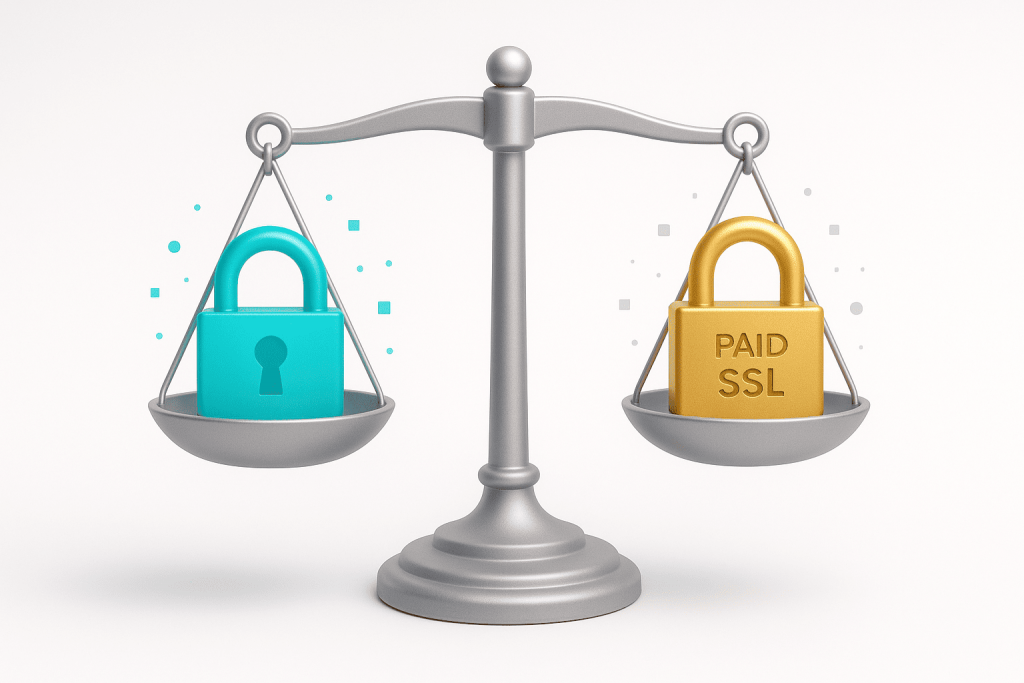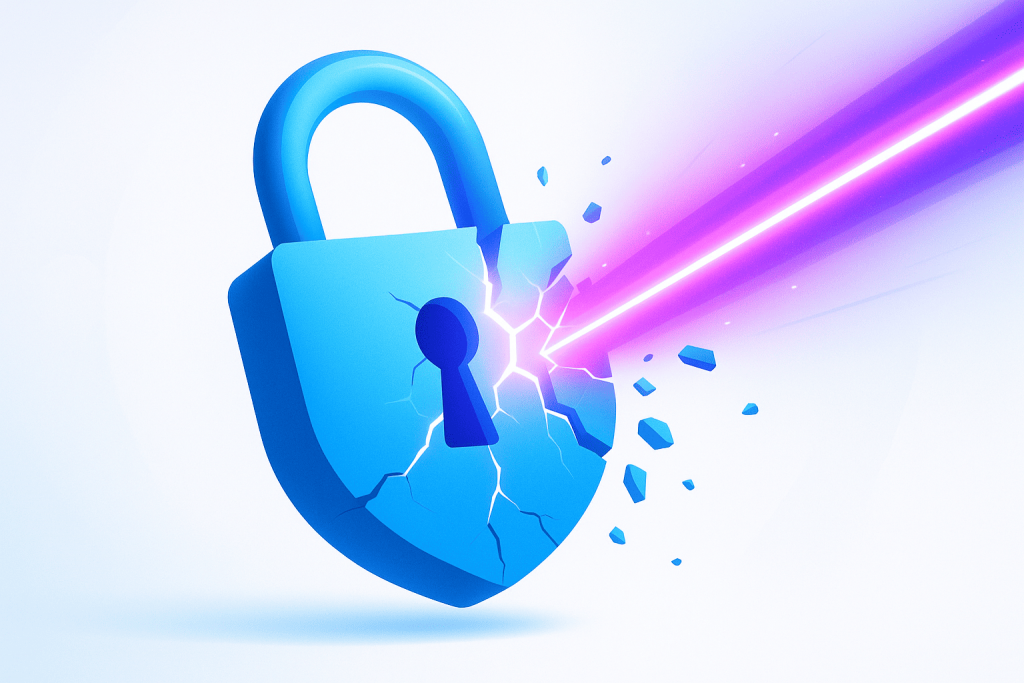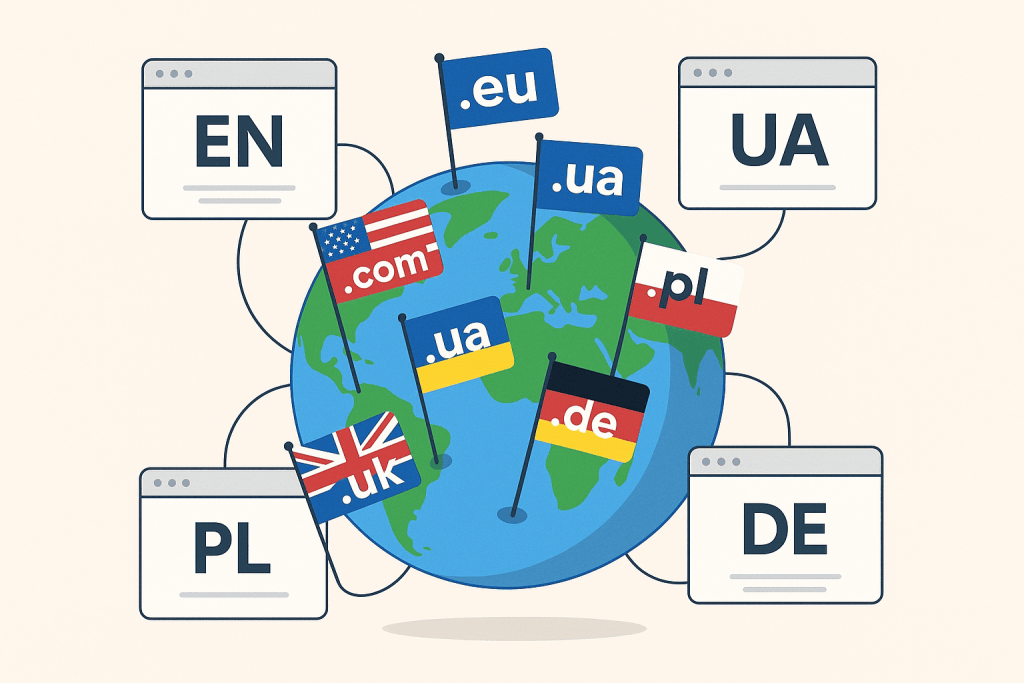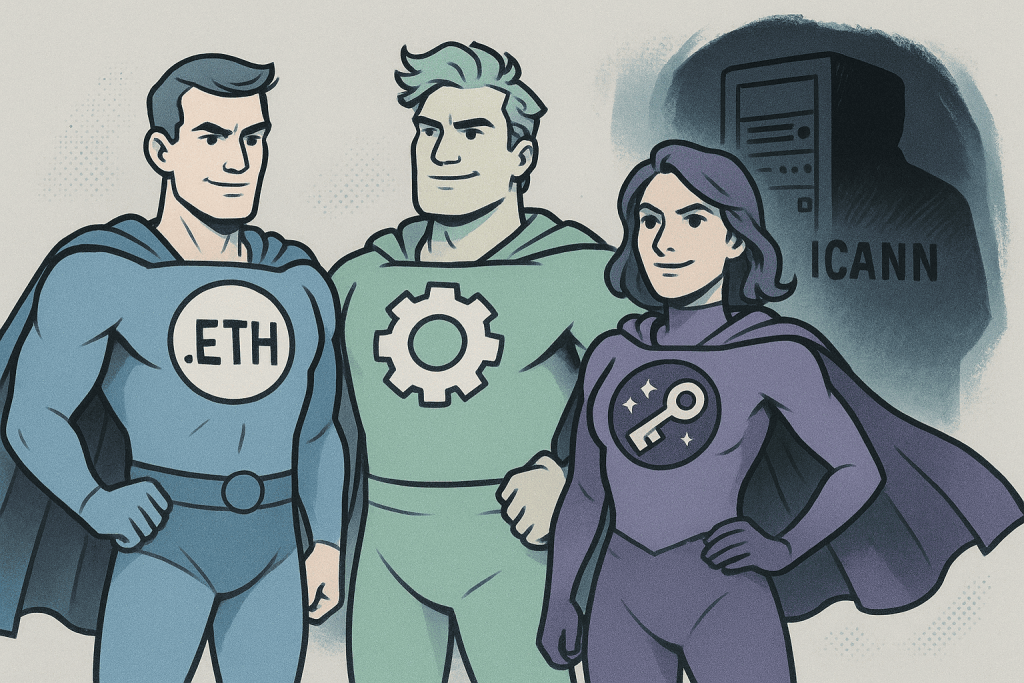
In today’s digital landscape, your website is often the first impression customers get of your business. But is your site really performing at its best? In 2025, artificial intelligence (AI) offers powerful tools that can help you improve your website’s usability, performance, and even SEO rankings. Let’s explore how AI can enhance your online presence and help you stay ahead of the competition.

